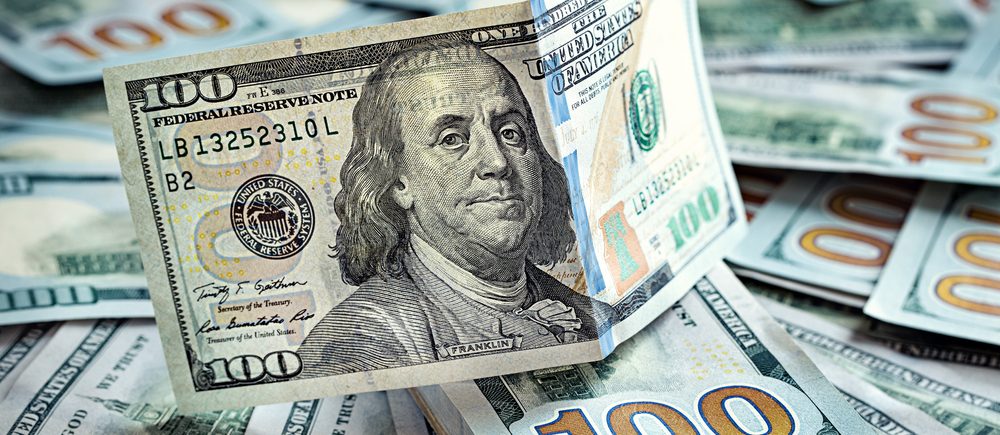The U.S. dollar remained near a three-week low on Wednesday, despite slight gains, as Federal Reserve Chair Jerome Powell’s cautious tone in his testimony to Congress tempered risk sentiment. Meanwhile, the New Zealand dollar weakened on the prospect of a rate cut.
Powell’s Testimony and Market Reaction
In his first day of testimony before Congress, Powell reiterated the Fed’s stance that a rate cut is not appropriate until there is “greater confidence” that inflation is on track to reach the 2% target. He also acknowledged the cooling job market and highlighted the Fed’s need to balance its focus on inflation with other economic risks.
While traders still anticipate a rate cut by September, the probability has slightly decreased to around 73% from 76% a day earlier, according to the CME FedWatch tool.
The dollar index, measuring the U.S. currency against six major peers, remained mostly unchanged at 105.09 after a slight increase on Tuesday. It had previously dipped to its lowest level since June 13 following weaker-than-expected U.S. payrolls data.
Powell is scheduled to continue his testimony before the House later today.
New Zealand Dollar Weakens on Rate Cut Prospects
The New Zealand dollar experienced a 0.51% decline to $0.60940, moving further away from Monday’s three-week high. This decline follows the Reserve Bank of New Zealand’s (RBNZ) signaling of potential rate cuts if inflation slows as expected.
The RBNZ, which maintained rates as widely predicted, expressed confidence in achieving its inflation target this year, prompting speculation of earlier policy easing. This contrasts with the previous meeting in May when policymakers had hinted at a possible additional rate hike.
Australian Dollar Strengthens
The Australian dollar rose 0.5% against its New Zealand counterpart, reaching NZ$1.1065 for the first time since February 2023. However, the Aussie slightly weakened against the U.S. dollar to $0.67345, although it remained close to Monday’s six-month peak.
Euro Under Pressure Amid French Political Deadlock
The euro held steady at $1.0820, below its near one-month high reached on Monday. The single currency faces pressure due to the anticipated political deadlock in France following a surprising election win for the country’s leftist alliance. Despite recovering some losses incurred after the snap election was called, investors remain cautious about the potential policy impasse.
Overall Market Sentiment
The dollar’s performance remains subdued due to Powell’s cautious tone, while the New Zealand dollar weakens on the prospect of rate cuts. Market participants eagerly await further insights from Powell’s testimony and upcoming inflation data to assess the future direction of monetary policy and its impact on currency markets.
 Noor Trends News, Technical Analysis, Educational Tools and Recommendations
Noor Trends News, Technical Analysis, Educational Tools and Recommendations





